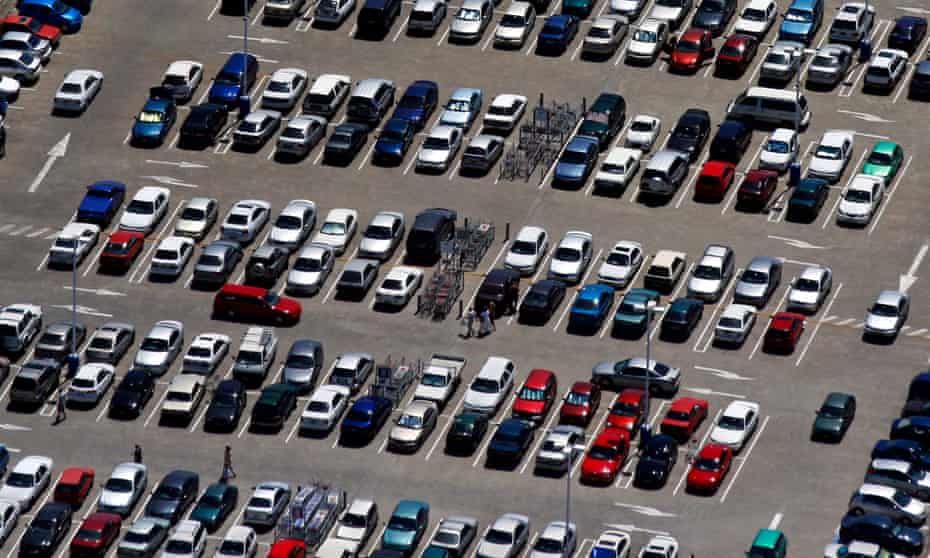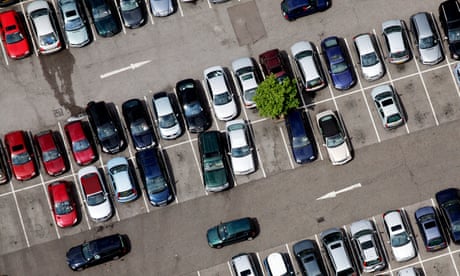Extract from The Guardian
Any exercise of decision-making powers to serve political interests rather than national interests should be called out

Rolling out the pork barrels
In the pre-election period, the temptation to use taxpayers’ money to shore up marginal seats seems to be irresistible. In the lead-up to the 2019 election, for example, the government committed:
$100m to a community sports grants program, which the auditor general found was not awarded consistent with assessed merit and was biased in favour of marginal electorates
$660m to 47 sites for commuter car parks, also found by the auditor general not to be merit-based, with 77% located in Coalition electorates

Keep an eye out this election campaign – the government has given itself a generous war chest. In December’s budget update, the government allocated $15.9bn in unidentified spending for “decisions taken but not yet announced”, a big increase on the previous year’s December budget update figure of $1.5bn.
Political parties flush with cash
Political donations always spike in pre-election periods. Parties put a lot more effort into fundraising and donors are also more alive to the opportunities for influence.
In the 2019 campaign, the big donations story was Clive Palmer, who gave $84m to fund his own campaign. While he failed to win any seats, many people, Palmer included, believe his relentless anti-Labor advertising boosted the Coalition’s vote.
The major parties also have big supporters. In fact, Grattan Institute analysis shows the parties’ top 5% of donors account for more than half of their declared donations. The usual suspects – mining and resources, property and construction, and gambling companies – gave more than might be expected considering their economic size.
The first step to squashing grey corruption is making it more visible
But while we may see the wall-to-wall advertising in this campaign, we won’t find out where the money came from until February 2023 because donation disclosures are only published annually. And even then we will only get a partial picture because high declarations thresholds and big loopholes mean that the major parties generally declare less than 60% of their total private funding.
More taxpayer-funded political advertising
Governments frequently significantly bolster taxpayer-funded advertising in the months before election campaigns.
We can expect more of the same as we get closer to the 2022 election. Analysis published in the Guardian, drawing on government tender documents, suggests another $59m in advertising will be rolled out in the lead-up to the 2022 election. We’ve already seen in recent months the “positive energy” campaign and advertisements about the government securing more rapid antigen tests.
A rush of government appointments
Ministers are responsible for filling hundreds of positions on independent government boards and agencies. In the lead-up to an election, there seems to be a rush to fill these spots – even some of the ones that aren’t currently vacant.
Governments like to control who sits in powerful positions, even more so when these positions are prestigious or well-paid. A forthcoming Grattan Institute report will show that appointing “political mates” to these positions is becoming more common.
For example, about 21% of current members of the Administrative Appeal Tribunal have a direct political affiliation. The proportion of new members appointed to the AAT with a political affiliation has increased from less than 8% in 2014-15 to 32% in 2018-19.
There was a slew of government appointments before the 2019 election, including of many former politicians and staffers. So watch out for another rush of ministerial press releases announcing such appointments in coming weeks. Hopefully the media will forensically examine the backgrounds of those who get a gig.
A way to boost integrity?
This is a depressing list to publish, but the first step to squashing grey corruption is making it more visible. Any exercise of a government’s decision-making powers to serve political interests rather than the national interest is a breach of faith with the Australian public. It should be called out.
But elections are also a time to demand better. No political party has a monopoly on bad behaviour. Are they announcing policies to improve transparency and limit the influence of money in politics? Will they introduce more checks and balances on government infrastructure spending and grant funding? Will they commit to merit appointments for government positions? And do they support a well-resourced integrity commission with the power to investigate this type of grey corruption?
These are some of the questions we will be paying attention to in the 2022 election campaign.
No comments:
Post a Comment